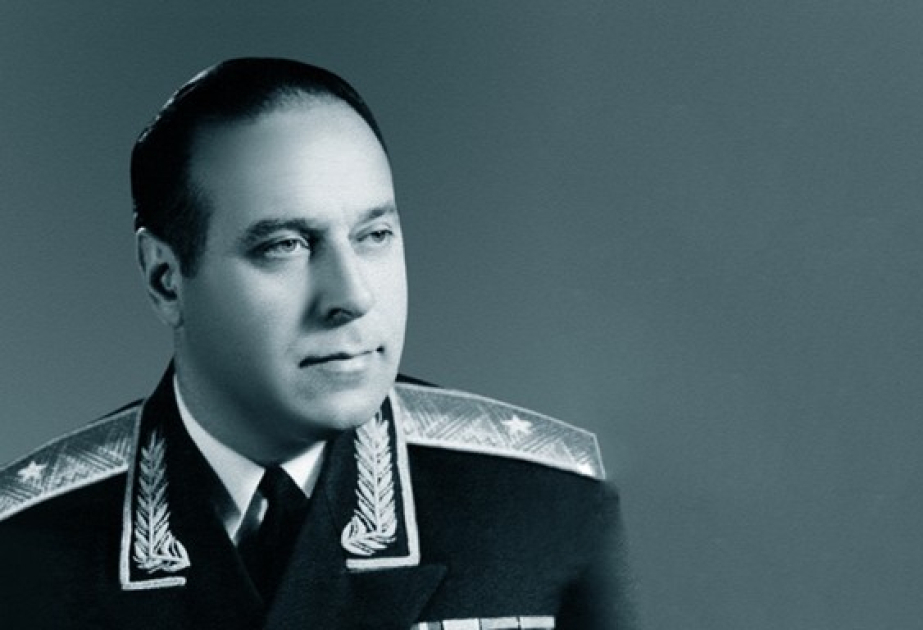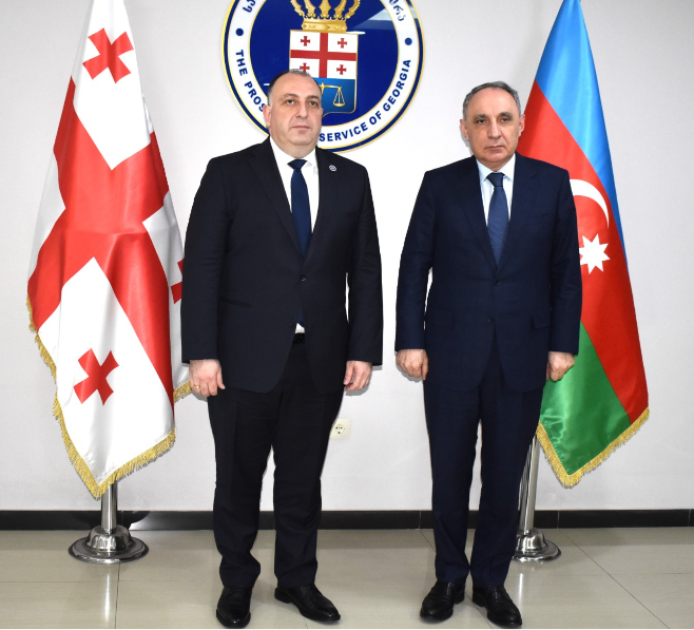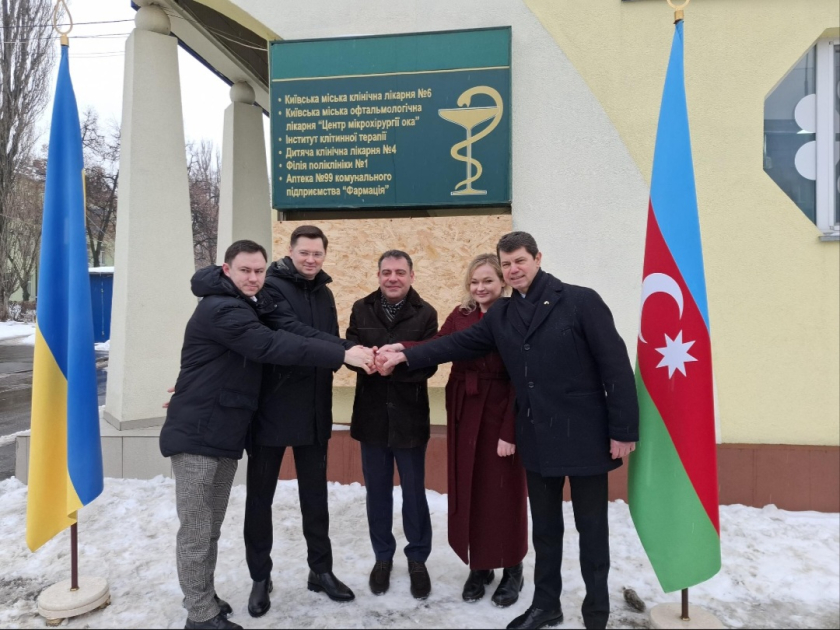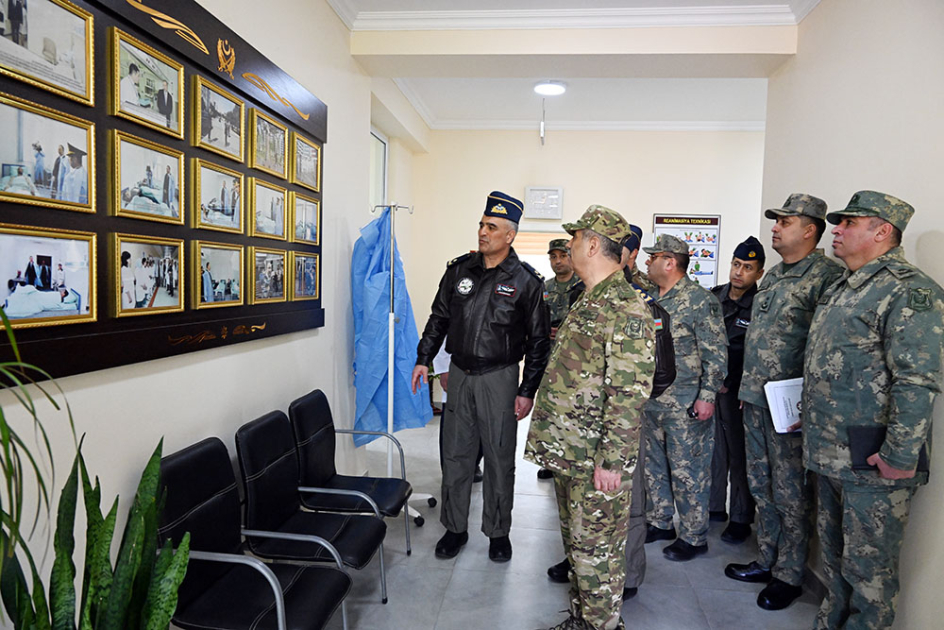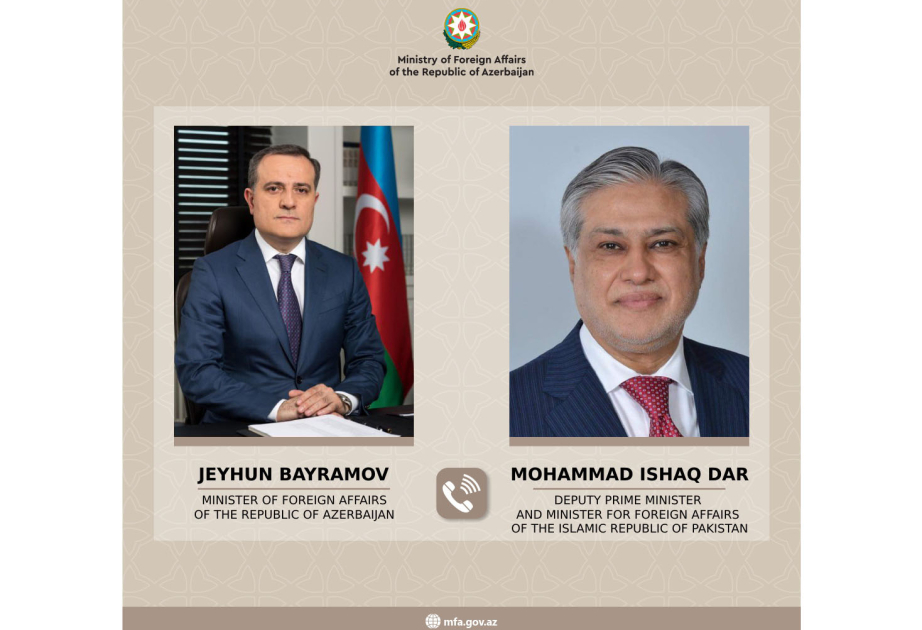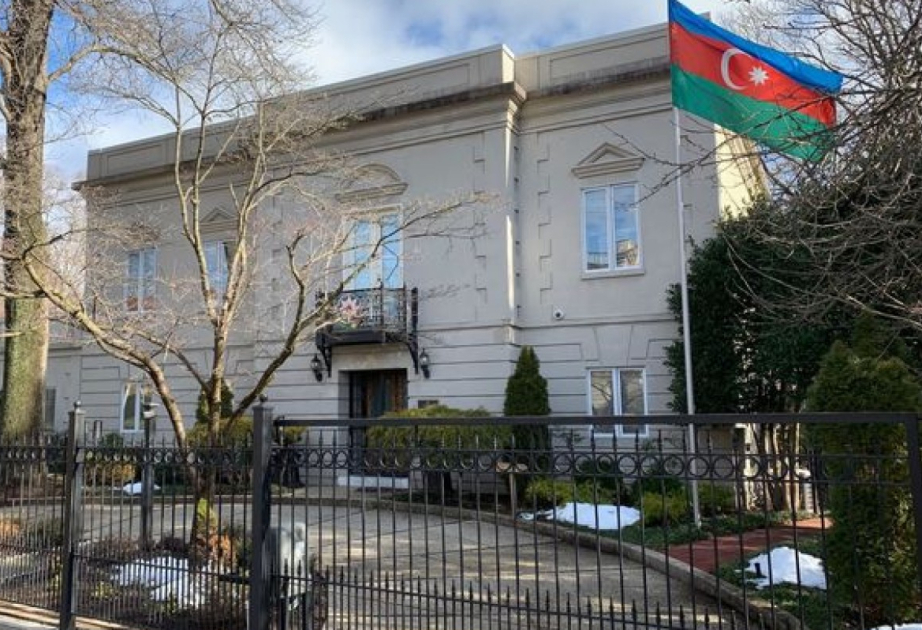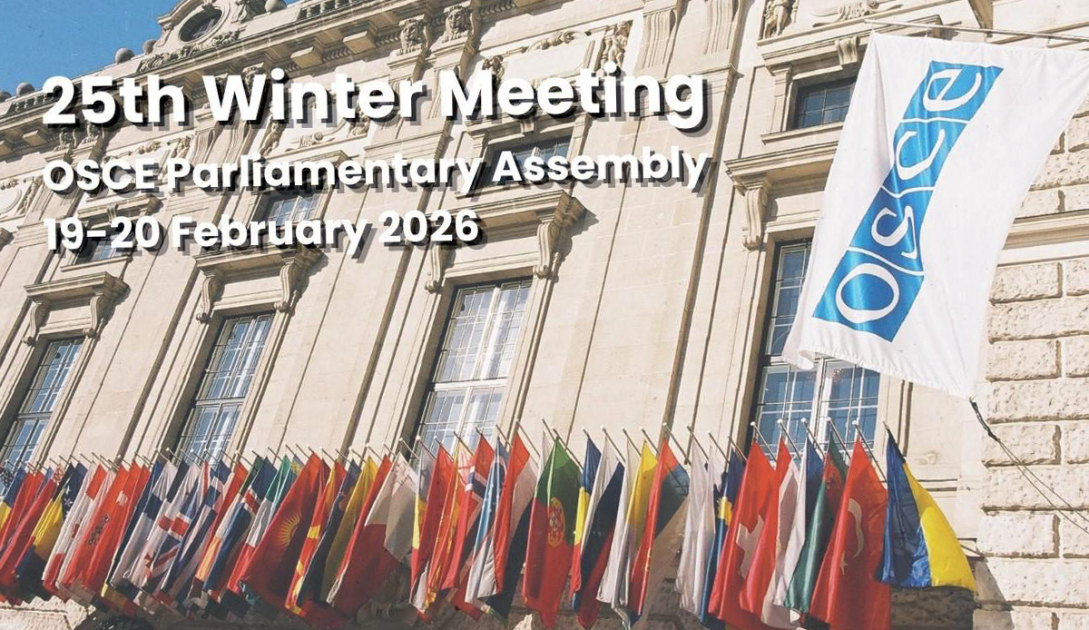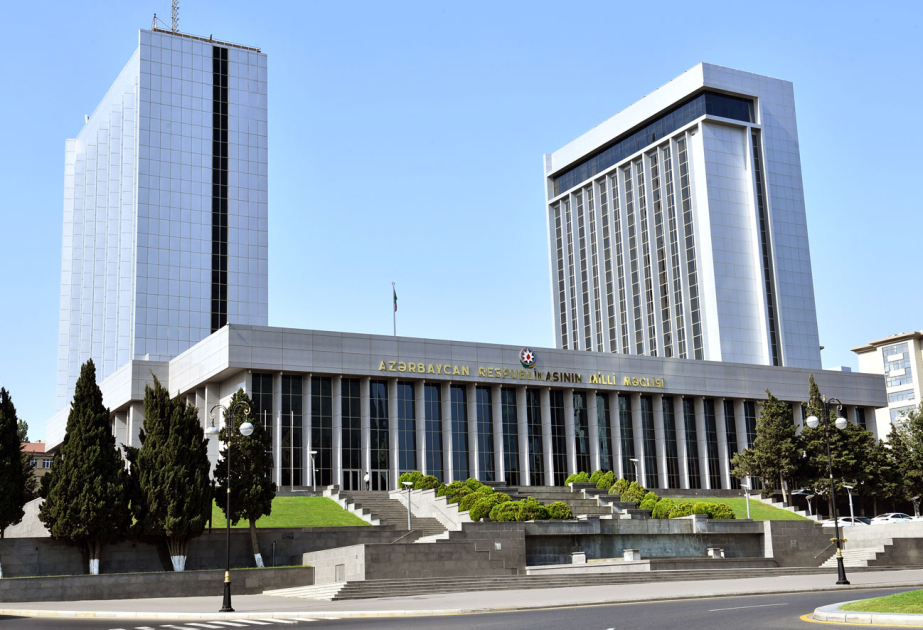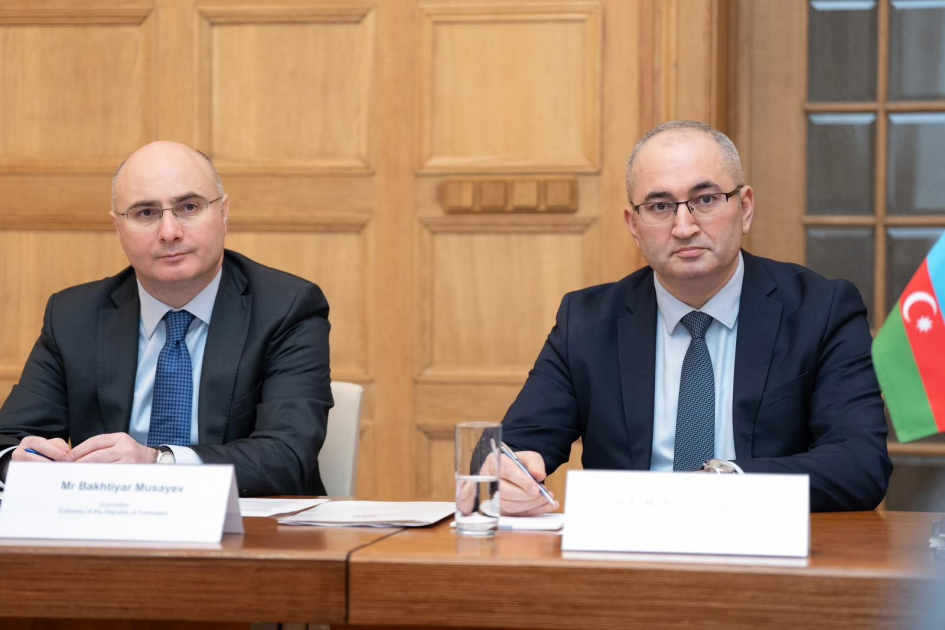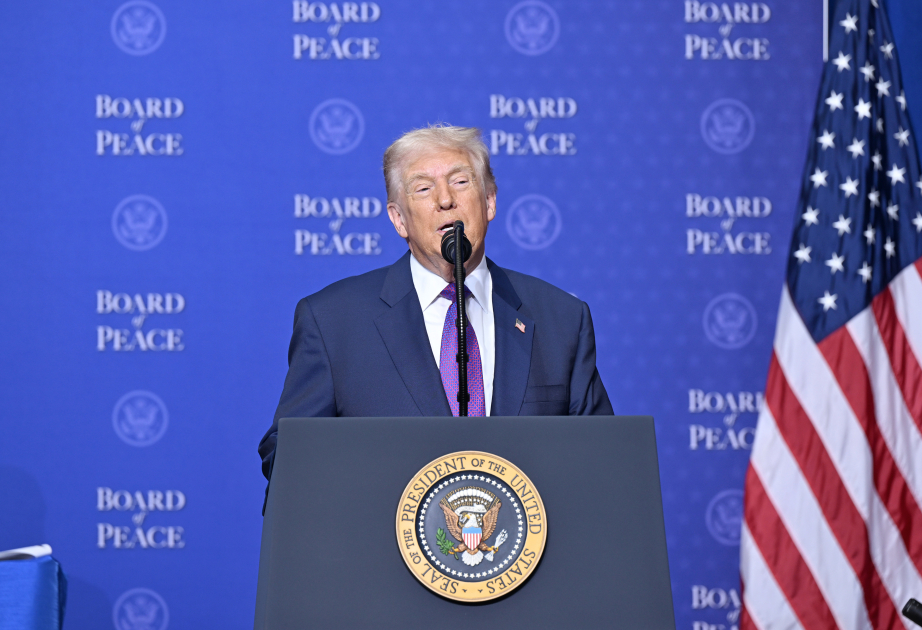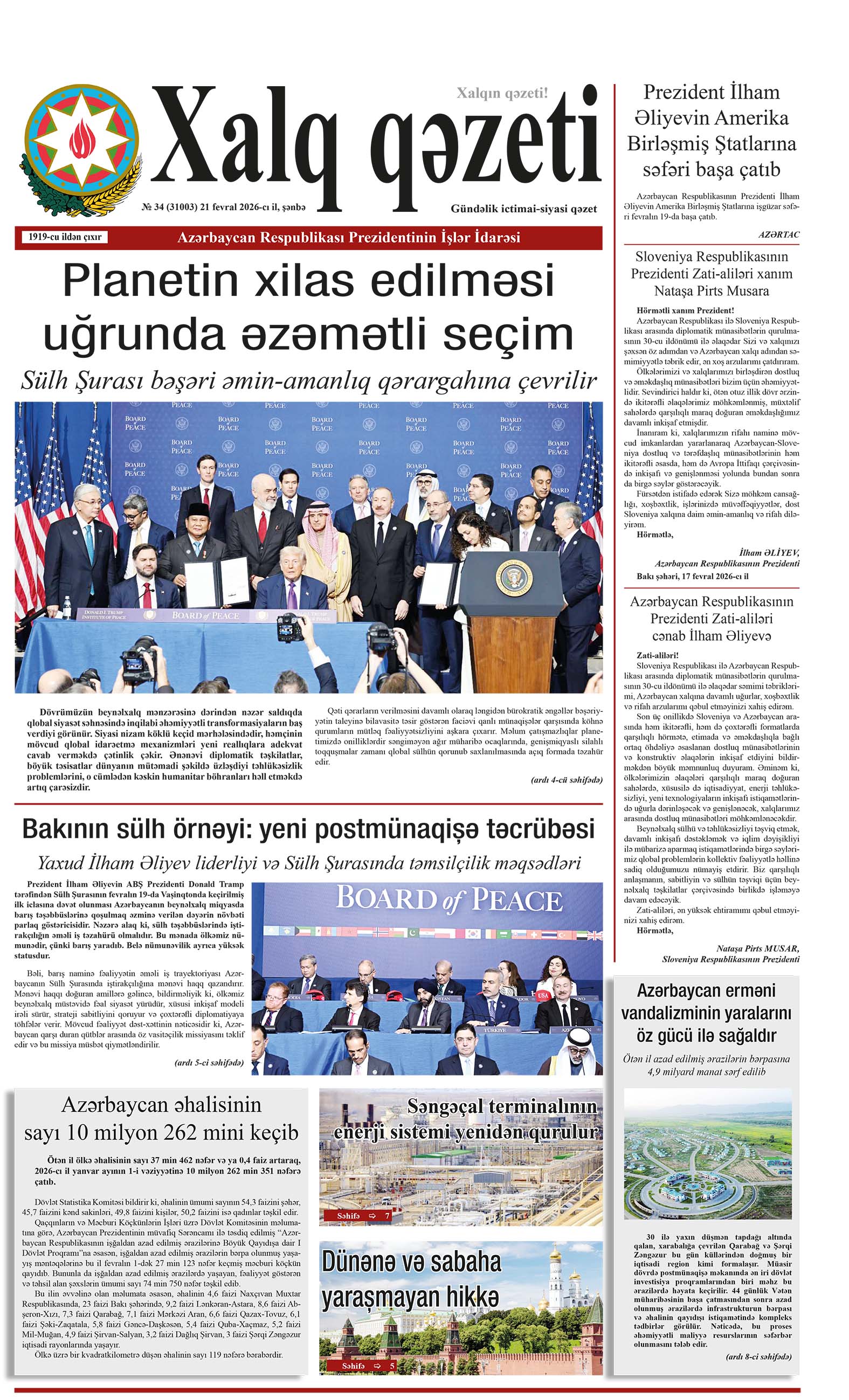Guivami Rahimli: President Heydar Aliyev represented security, leading Azerbaijanis through many crises facing the country
On March 28, Azerbaijan observes National Security Recognition Day, a professional holiday dedicated to honouring the service of national security agency employees. This official observance was established by President Heydar Aliyev following the country’s regained independence, to commemorate the pivotal role of national security institutions in safeguarding the nation.
The date marks the anniversary of the founding of Azerbaijan’s first national security agency on March 28, 1919, during the era of the Azerbaijan Democratic Republic.
During the Soviet era, the secret security agency was initially called the Extraordinary Commission (“Cheka”) and its personel “chekist”, later this agency operated within the People’s Commissariat of Internal Affairs (NKVD) before evolving into the State Security Committee - KGB.
Heydar Aliyev made his career in the Azerbaijani security services, beginning with the People’s Commissariat of Internal Affairs, in 1941.
He gained early prominence and rose quickly through the Soviet hierarchy during the 1960s.
Thanks to his strategic thinking and ability to chart a complex path, Heydar Aliyev rose rapidly through the ranks, becoming deputy head of the Azerbaijani branch of the KGB in 1964. After a stint as deputy head of the Azerbaijani KGB, Aliyev was appointed as head of KGB in Azerbaijan SSR and was promoted to the rank of a major general. In two years after this appointment, he was elevated to the rank of head of the Communist Party of Azerbaijan. The appointment of an Azerbaijani national as head of KGB for the first time in many decades marked the beginning of a new chapter in the history of Soviet Azerbaijan. In these positions Heydar Aliyev conducted his work by an explicit intention of ensuring that Azerbaijanis took control of their own republic, whose institutions through most of the Soviet era had been controlled by members of other ethnicities or nationalities. As a result greater prominence was given to the training and promotion of national personnel in the security agencies. He used to underline that Security officer must be an employee who is able to find a common language with poet, composer, writer, scientist, and ordinary citizen. It is an honorable duty to ensure the security of the state and people.
Aliyev maintained close ties with key figures in Moscow, and these relationships afforded him greater freedom in governance—granting Azerbaijan a level of internal autonomy rarely seen in other Soviet republics.
In 1976, Aliyev became a candidate member of the Politburo in Moscow, the highest decision-making authority in the Soviet Union. By then, he was considered so necessary and effective in Azerbaijan that he was asked to continue in his position in Azerbaijan. When Aliyev’s close associate Yuri Andropov succeeded Leonid Brezhnev as Soviet leader in 1982, Aliyev became a full member of the Politburo and a deputy prime minister of the USSR - the third highest position in the Soviet Union. Aliyev retained his high ranking positions until 1987, when Mikhail Gorbachev, as part of his efforts to recentralize power, and eliminate potential rivals, removed Aliyev from power.
During Aliyev’s time, Security agencies in Azerbaijan relaxed their pressure on the intelligentsia, allowing greater creative freedom to writers and academics. This gave rise to the rebirth of patriotic literature, and to an impressive revival of the Azerbaijani intelligentsia overall. Leaders of the 1918 1920 Azerbaijan People’s Republic, including Mahammad Amin Rasulzade, were posthumously rehabilitated.
With time, Heydar Aliyev felt sufficiently secure to make gestures to Azerbaijani nationhood that were widely noticed and appreciated. He brought back to Azerbaijan the remains of Huseyn Javid, a great Azerbaijani poet who had fallen victim to the 1937 purges and died in 1941 in a remote part of Siberia. Aliyev fully rehabilitating Nariman Narimanov - the first Soviet ethnic Azerbaijani leader of the Azerbaijan SSR who had been posthumously condemned in the 1930s for his alleged nationalism.
Heydar Aliyev’s specific activities within the security services remain the subject of much speculation, largely due to the continued closure of Soviet-era KGB archives in Moscow. This lack of access has contributed to the absence of an authoritative biography detailing his role in the KGB. Countries use all source intelligence for their political leaders, military planners, and industrial concerns.
The U.S. Central Intelligence Agency (CIA), responsible for collecting and analysing intelligence for American policymakers—including the President—produced analytical material on Heydar Aliyev, one of the key decision-makers in the Soviet Union. Declassified documents from the CIA’s Langley archives, along with selected extracts, offer insights into Aliyev’s distinctive path and his unique adaptation to political life within the Soviet system.
Heydar Aliyev’s Soviet-era activities and contribution to USSR economy has been recognized by Moscow, and just recently (early March 2025), a groundbreaking ceremony establishing a monument to this great personality was held in one of the squares in the Russian capital.
Heydar Aliyev chaired the Commission of Council of Ministers of the USSR for the construction of the Baikal-Amur Mainline, one of the most important projects in the Soviet Union, and the monument symbolizes the recognition of Aliyev’s contribution to the construction of this strategic asset.
After collapse of the Soviet Union Heydar Aliyev made a political comeback in 1993 to rescue his nation. Azerbaijanis credit him for not letting the war in Karabakh and competing forces in the country tear the nation apart in those early years of independence. President Aliyev represented security during those very dark times, leading Azerbaijanis through the many crises facing the country.
Heydar Aliyev, more than any other post-Soviet leader, understood the need for foreign investment and in 1994, during the first year of his presidency, Azerbaijan signed - an unprecedented multi-billion-dollar agreement with foreign oil companies. This was the first and biggest contract of its type known as the Contract of the Century, ever signed in the former Soviet Union. The results followed when Azerbaijan’s economy recorded the fastest growth in the world. The business and investment environment, which Aliyev provided is regarded as a leading model for oil producing countries.
Having had the opportunity to meet the country’s great leader, I witnessed how frank, well informed and decisive in action Heydar Aliyev was. He had the phenomenal personal qualities essential for power politics: a photographic memory, strong argument and the ability to bring people to his camp. Heydar Aliyev, as an excellent psychologist, could easily find a way into people’s minds and hearts. During his official visit to West European countries I was responsible in organizing Heydar Aliyev’s meeting with the Azerbaijani Diaspora in Norway and neighbouring Scandinavian countries as president of Azerbaijan-Norway Friendship Society. At the meeting with representatives of the Azerbaijani diaspora in Oslo, Heydar Aliyev invited me to the stage and asked me to report on the diaspora activities there. After listening to my report, Heydar Aliyev addressed the diaspora representatives, specifically mentioning my name and explaining why he had included me in the state delegation. Seeing the fragmented activities of the diaspora organizations, Heydar Aliyev sent a message, stating that I serve as a bridge between him and the diaspora and that diaspora representatives could work effectively with me to strengthen their activities and national unity.
Now, looking back on what Heydar Aliyev gave to his country, you may be sure that Azerbaijan has achieved tremendous successes in building a prosperous nation by following his vision and strategy. It maintains a delicate balance between regional actors and great powers, while developing its economy.
However, numerous threats to global security persist—including in Azerbaijan. The emergence of new wars and conflict zones, the rising activity of extremist forces, and the operations of foreign intelligence agencies in the region have placed a significant responsibility on Azerbaijan’s national security agencies. These agencies are tasked with resolutely countering any plans or actions aimed at undermining the independence, territorial integrity, and security of the Republic.
Today, we remember Heydar Aliyev not only as a prominent statesman and visionary leader but also as a role model whose unwavering dedication, strategic foresight, and service to the nation continue to inspire generations. His legacy remains deeply rooted in the foundation of modern Azerbaijan, and we remain grateful for his lasting contributions to the country’s independence, stability, and progress.
Guivami Rahimli, PhD
Professor at Baku State University,
lecturing energy security, multilateral and regional diplomacy at the faculty of international relations and economics


